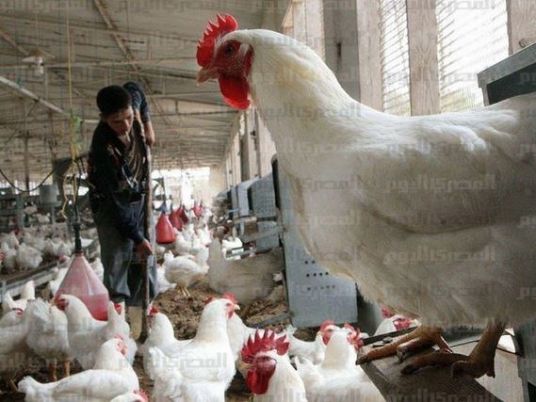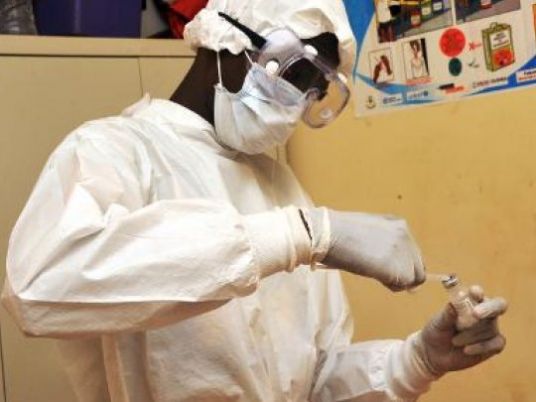
Sanderson Farms Inc, the third largest U.S. poultry producer, plans to continue using antibiotics on its birds partly because there are no alternatives on the horizon for treating a deadly but common gut disease, Chief Executive Officer Joe Sanderson said on Wednesday.
Other major poultry producers, including market leader Tyson Foods Inc, have announced plans to eradicate antibiotics, which are also crucial in human healthcare, from their flocks but have not ruled out their use on sick birds.
The debate over the agriculture industry's long-standing practice of using such drugs in livestock production to stave off disease and to promote more rapid growth has heated up in recent years as concerns grow among public health experts and federal regulators that their routine feeding to livestock could create a health hazard by spurring the creation of antibiotic-resistant superbugs in humans.
Two of the biggest makers of animal drugs have told Sanderson Farms that developing products to treat the gut disease necrotic enteritis is not profitable enough to justify the effort, the CEO said.
Enteritis is treated with antibiotics including virginiamycin and bacitracin.
"They just don't have anything in the pipeline," Sanderson added. He declined to identify the companies. Sanderson is concerned the birds would suffer and die from the condition without antibiotics.
It costs the companies too much money to develop alternative drugs, he said, adding "the market is so small it's not worth it."
This week, Sanderson Farms sent a letter to its customers, including retailers and export markets, outlining its reasons for using antibiotics in poultry production, Joe Sanderson said.
Tyson plans to eliminate the use of human antibiotics in its chicken flocks by September 2017, one of the most aggressive timetables yet set by an American poultry company.
Tyson's move will help the company meet a deadline outlined by McDonald's Corp for its U.S. restaurants to gradually stop buying chicken raised with human antibiotics over the next two years.
Tyson has said it plans to push for accelerated research into disease prevention and antibiotic alternatives on farms. The company "will not let sick animals suffer," CEO Donnie Smith said last month.
Sanderson told investors at a separate conference earlier this month that "there's no evidence whatsoever that using these antibiotics really does cause antibiotic resistance bacteria," according to a transcript of the event.


